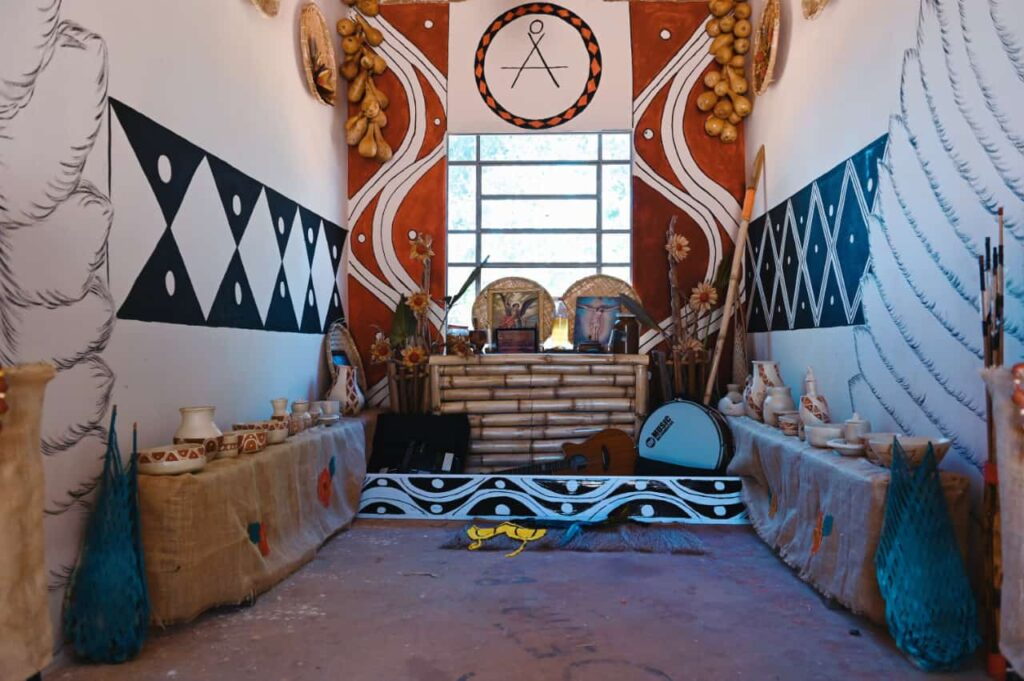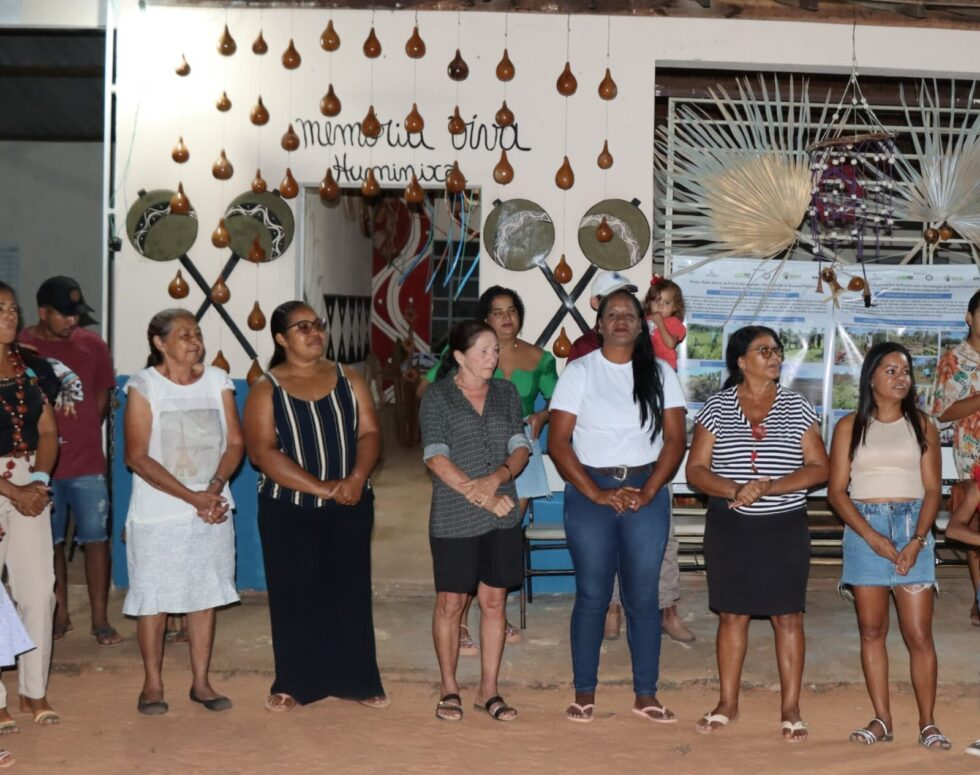Memorial spaces are fundamental to preserving the cultural and historical identity of a people. They operate as guardians of ancestral knowledge and of the struggles, achievements and everyday practices that define a community. For indigenous peoples who face historical and current challenges related to land demarcation and the affirmation of their identity, such spaces are essential forkeeping their collective memories alive and for sharing their knowledge with future generations and society as a whole.

The Xakriabá Indigenous Memorial, located in the Riacho dos Buritis community in Minas Gerais, is one example of a struggle to preserve culture and strengthen identity. According to Marinete Xakriabá, a Councillor and President of the Xakriabá Indigenous Association of the Riacho dos Buritis Community and Surroundings (Associação Indígena Xakriabá Aldeia Riacho dos Buritis e Adjacências: AIXARBA), the initiative was born out of a trip to the Cerrado Indigenous Women’s Meeting in Mato Grosso do Sul, hosted by CESE, where Marinete saw a memorial for the Terena people. Inspired by thisexperience, she took the idea to her community and, with support from the local association, the project took shape.

The Xakriabá Indigenous Memorial has become a cultural reference point for the community. “CESE’s support was fundamental to the project, which strengthens our community, because it demonstrates that we are seen and supported in our fight to preserve our culture and for the rights of our people,” Marinete said.

